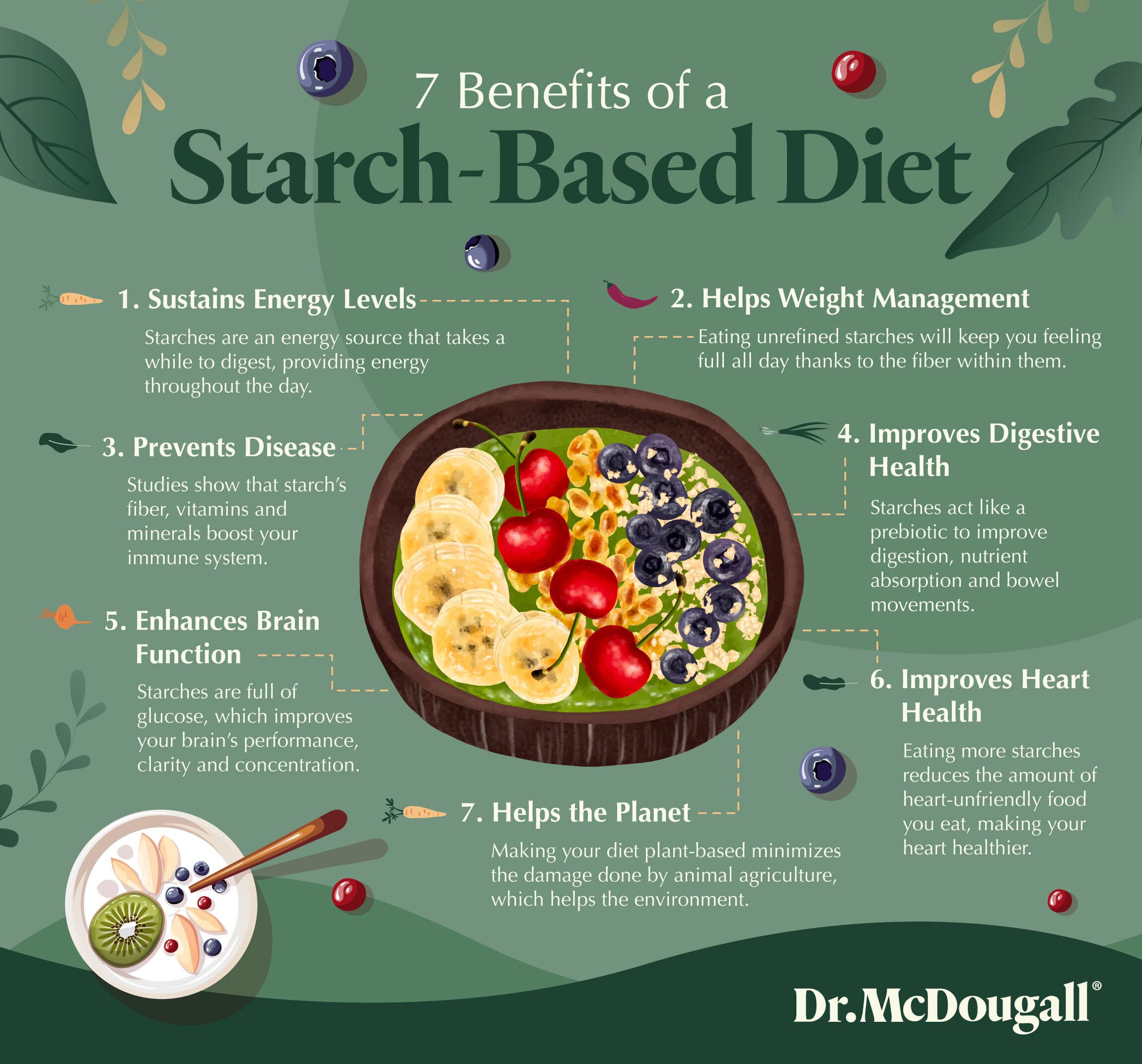
Background & Personal Journey
Dr. John A. McDougall (May 17, 1947 – June 22, 2024) was an American physician and author who dedicated his life to promoting a starch-based, low-fat, whole food plant-based diet as the cornerstone of human health.
His journey into nutrition medicine began dramatically at age 18, when he suffered a massive stroke that left him paralyzed on the left side of his body for two weeks. This life-altering experience inspired him to study medicine and discover the connection between diet and disease.
After graduating from Michigan State University's College of Human Medicine, Dr. McDougall performed his internship at The Queen's Medical Center in Honolulu, Hawaii, in 1972 and his medical residency at the University of Hawaii.
His observations of healthier first-generation Asian patients who ate traditional rice-based diets compared to their sicker, more Westernized descendants sparked his lifelong research into the healing power of traditional starch-centered diets.


